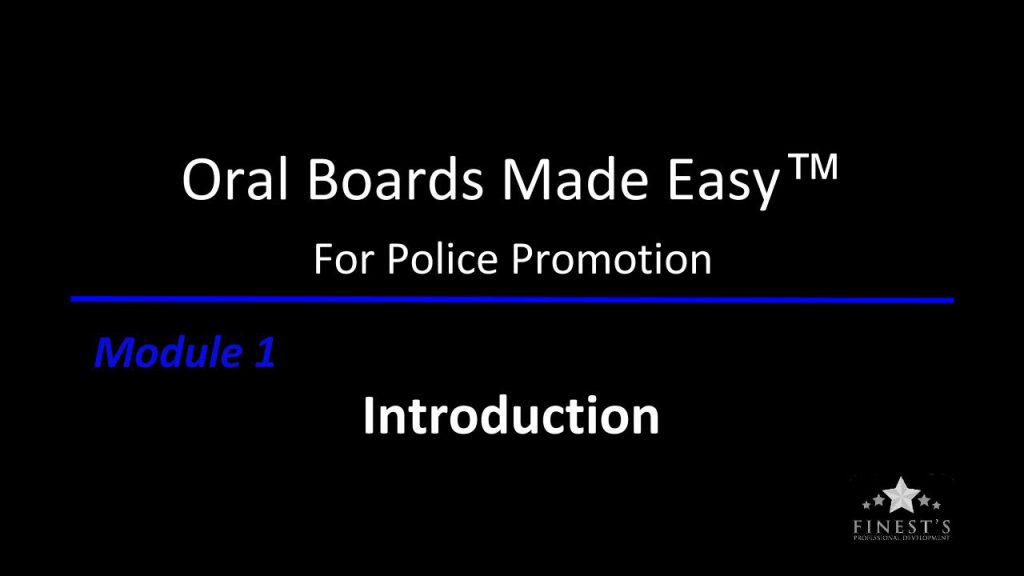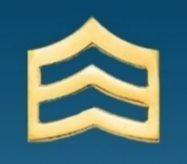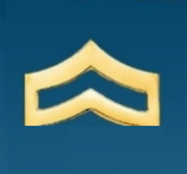Police Lieutenant Incident Question
Regardless of the rank for which you are testing, you are very likely to encounter a question that involves a situation or some type of incident. This can be a relatively minor incident, such as unreported damage to a cruiser; to a more serious and complicated incident, such as a hostage situation or major disaster. What I discovered long ago, and what has been the foundation of Oral Boards Made Easy, is that there are eight core elements of a situation / incident response, regardless of its seriousness or complexity.
The answer demonstration video shown here is from the FREE Introduction (Module 1) of my Oral Boards Made Easy for Police Promotion On-Demand Seminar. You can view Module 1 in its entirety, which includes other demonstration videos and ample success tips, on the Seminar page.
As you see, this answer is thorough while avoiding overly specific language. That is all very intentional. The response is following steps that I will teach you in my on-demand seminar. And although this demonstration is at the police lieutenant rank, the steps can be applied at nearly any promotion process, regardless of rank.
Finest’s Oral Boards Made Easy On-Demand Seminar gives you acronym-based models that you can easily recall and apply at your oral board. In this case, the police lieutenant steps should apply to nearly any situation, incident, or tactical question asked of you. The same goes for the other acronyms in the on-demand seminar. This method – which has brought promotion success to many since Finest’s was founded in 2004 – will give you tools for thorough, well-thought out, responses that you blend with your knowledge of your profession and your agency.
Again, Module 1 is FREE and does not require a sign up, just go to the on-demand seminar page and see for yourself.
“If you are looking for a well designed assessment / oral interview study program this is the one. The program is very reasonably priced, so don’t risk your career watching free videos or just reading articles on line. If you’re serious about getting promoted, invest in your career and use The Oral Boards Made Easy program. It will help you get promoted.”
-Promoted to Lieutenant in Massachusetts
ANSWER TRANSCRIPT:
Police Lieutenant Generic Incident
“As a lieutenant, the first thing that I would do is become immediately involved in this situation by showing up. While en route to the location I would be evaluating the information being provided from the officers already on scene. If a sergeant has yet to be dispatched, I will contact dispatch and have one respond. If this situation requires radio silence, that direction would be given. My objective while en route is to obtain as much information as possible before arriving on the scene. I will notify dispatch once I have arrived on scene and announce that I have taken command of this operation.
I will then conduct a first-hand visual observation of this scene while seeking additional information from the first officer who arrived.
With this information considered, I will notify dispatch of the resources that are required. If appropriate, I will also provide instructions on the routes that should be taken by those resources as well as the desired staging point.
While communicating with dispatch I will instruct the dispatcher to notify my captain of this situation and inform the captain that once the situation is stabilized I will contact him directly with updates.
Next I will turn my attention to the victims or potential victims. If anyone has been harmed in this incident I will assure that they are receiving the appropriate level of care dictated by their injuries. If anyone is as risk of being harmed, I will assure that the sergeant is directing his or her resources to mitigate that harm.
Once victims or potential victims have been addressed, my next concern will be the containment of this incident. I will assure that the sergeant has directed resources to protect the scene from contamination while assuring that the situation is not allowed to get any larger. It is important that investigative integrity and public safety are both addressed at this stage.
Once contained, a methodical application of our investigative process will commence. I will retain responsibility for this investigation unless relieved by my captain or until the investigation is transferred to the investigative division commander. Should this investigation remain with me, I will evaluate the course of action that the sergeant is suggesting and, if appropriate, approve his or her course of action. If I see a deficiency in that recommended approach, I will intervene to assure an effective investigation.
Once the investigation has concluded, I will instruct the sergeant to assure that all officers on scene submit a report for the sergeant to evaluate for completeness and accuracy. I will direct the sergeant to complete a report on all activities conducted and I will complete my own report that covers the actions that I took from beginning to end.
Within a reasonable period of time I will call for a debriefing meeting that involves the key parties for the purpose of evaluating and improving our response to these types of incidents. I will have the sergeant accompany me to this meeting and serve as the recorder. The sergeant will then be directed to prepare an after-action report based upon this meeting and to submit it to me for review prior to me sending it forward to my captain.
And that is how I would handle this incident at the rank of lieutenant.”
